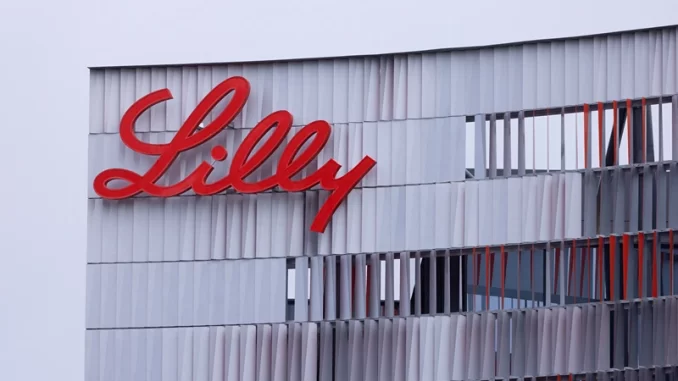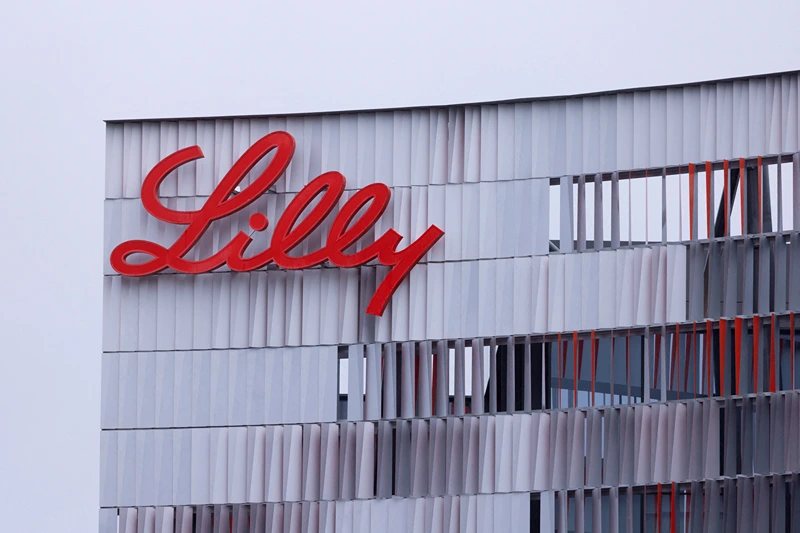

OAN’s Noah Herring
2:43 PM – Tuesday, July 18, 2023
A new study revealed that Lilly Biotechnology Center’s Alzheimer’s drug slowed the disease by as much as 22% to 35%, compared to a separate placebo study.
Advertisement
The data, which was published on Monday in the Journal of the American Medical Association, found that the experimental drug Donanemab slowed the disease much more effectively in comparison to a placebo group by measuring daily activities like driving, managing finances, and conversing about current events.
Lilly has also reported that it submitted an application for FDA approval earlier this year and expects the drug’s approval by the end of the year.
The medication is meant to slow the progression of the disease for people who are in its early stages. It reportedly does not work for those who are in more advanced cases of Alzheimer’s.
“Finally there’s some hope, right, that we can talk about,” Lilly’s Dr. John Sims told reporters on Monday at the Alzheimer’s conference.
“We don’t cure the disease,” he said. “Diabetes doesn’t have a cure either — it doesn’t mean you can’t have very meaningful treatments for patients.”
The Eli Lilly drug was designed to target and clear sticky proteins called beta-amyloid, which builds up into brain-clogging plaques. However, the drug does come with some serious side effects. It was reported that brain swelling or bleeding is possible when taking it, leading to three deaths in the Lilly study. Around a quarter of the Donanemab subjects showed evidence of brain swelling, while around 20% had micro-bleeding occur.
Some scientists have argued that there are huge questions about which patients should try the drug and just how much of a benefit it will actually provide.
“The modest benefits would likely not be questioned by patients, clinicians or payers if amyloid antibodies were low risk, inexpensive and simple to administer. However, they are none of these,” Dr. Eric Widera of the University of California, San Francisco, wrote in a JAMA editorial accompanying Lilly’s new data.
Dr. Gil D. Rabinovici and Dr. Renaud La Joie of the University of California, San Francisco, say the latest research shows “the field is making steady progress and gaining momentum in the fight against [Alzheimer’s].” But they also note, “development of more impactful and safer treatments is still needed.”
Additionally, the FDA approved Eisai and Biogen’s Alzheimer’s remedy, Leqembi, which is the first amyloid targeting drug. However, a required warning regarding the drug’s known side effects of brain swelling and bleeding was similarly presented as well.
Stay informed! Receive breaking news blasts directly to your inbox for free. Subscribe here. https://www.oann.com/alerts

Be the first to comment